WASHINGTON, D.C. – New Senate legislation to enforce the proper labeling of imitation dairy products drew an endorsement today from the International Dairy Foods Association (IDFA) and the National Milk Producers Federation (NMPF), which together agreed that steps need to be taken to defend the integrity of federal food labeling standards and prevent the misbranding of dairy imitators.
Sen. Tammy Baldwin’s (D-WI) DAIRY PRIDE Act would protect the integrity of food standards by prompting the Food and Drug Administration (FDA) to enforce existing labeling requirements, specifying foods labeled as “milk” and “cheese” have to come from dairy animals. The Baldwin bill would require FDA to issue a guidance for nationwide enforcement of these definitions within 90 days. It also would require FDA to report to Congress two years after the bill’s enactment to hold the agency accountable for this update in their enforcement obligations.
According to NMPF President and CEO Jim Mulhern, “For too long, the FDA has turned a blind eye to the misbranding of imitation dairy products, despite the decades-old federal law that milk comes from animals, not vegetables or nuts. None of these imitators provides the same high quality and quantity of nutrition offered by real milk. Sen. Baldwin’s DAIRY PRIDE Act will simply ensure that FDA enforces current law by requiring marketers of these imitation products to call them something other than milk.”
FDA regulations (CFR 131.110) define milk as a product of a cow, with a similar stipulation for yogurt and cheese. Though existing federal policy is clear on this subject, FDA has not challenged the incorrect use of the terms “milk,” “yogurt” and “cheese” on imitators that have proliferated during the past two decades, according to the dairy industry.
“These plant-based products are imitations, but they are not substitutes for the comprehensive nutrient package offered by real milk,” said Michael Dykes, president and CEO of IDFA. “The reason we have food standards is to preserve the integrity and consistency of what’s inside the packages. Milk should be milk.”
The lack of enforcement of proper dairy terms in the U.S. market stands in sharp contrast to how the matter is handled in similar nations, which actually police the matter. While the term “almond milk” is seen on products sold in the U.S., it is absent from the same brand of almond beverage also sold in Canada and the United Kingdom.
The Baldwin legislation comes one month after Reps. Mike Simpson (R-ID) and Peter Welch (D-VT), supported by a bipartisan coalition of 32 other members of the House, sent a letter to FDA urging the agency to more aggressively police the improper use of dairy terminology.
###
About IDFA
The International Dairy Foods Association (IDFA), Washington, D.C., represents the nation’s dairy manufacturing and marketing industries and their suppliers, with a membership of 550 companies within a $125-billion a year industry. IDFA is composed of three constituent organizations: the Milk Industry Foundation (MIF), the National Cheese Institute (NCI) and the International Ice Cream Association (IICA). IDFA’s nearly 200 dairy processing members run nearly 600 plant operations, and range from large multi-national organizations to single-plant companies. Together they represent more than 85 percent of the milk, cultured products, cheese, ice cream and frozen desserts produced and marketed in the United States. IDFA can be found online at www.idfa.org.
About NMPF
The National Milk Producers Federation, based in Arlington, VA, develops and carries out policies that advance the wellbeing of dairy producers and the cooperatives they own. The members of NMPF’s cooperatives produce the majority of the U.S. milk supply, making NMPF the voice of dairy producers on Capitol Hill and with government agencies. Visit www.nmpf.org for more information.


 Throughout 2016, NMPF made the case in Washington and in key dairy states that Canada’s two-pronged approach to revising its dairy pricing policy is expressly intended to thwart U.S. trade. First, the provincial Ontario government is providing incentives to Canadian processors to encourage their use of only domestic dairy ingredients, in lieu of imported U.S. ultrafiltered milk. This effort is aimed at slashing the sales of dairy ingredients across the border, which have become a key U.S. export in the past five years. Making matters worse, the provincial pricing strategy may become a national system in Canada in the near future.
Throughout 2016, NMPF made the case in Washington and in key dairy states that Canada’s two-pronged approach to revising its dairy pricing policy is expressly intended to thwart U.S. trade. First, the provincial Ontario government is providing incentives to Canadian processors to encourage their use of only domestic dairy ingredients, in lieu of imported U.S. ultrafiltered milk. This effort is aimed at slashing the sales of dairy ingredients across the border, which have become a key U.S. export in the past five years. Making matters worse, the provincial pricing strategy may become a national system in Canada in the near future.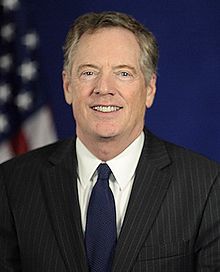 Veteran trade negotiator Robert Lighthizer was named Jan. 3 by President-elect Donald Trump as the next U.S. Trade Representative, which NMPF welcomed because of Lighthizer’s understanding of both global trade rules and the importance of balanced trade agreements to the U.S. agriculture sector.
Veteran trade negotiator Robert Lighthizer was named Jan. 3 by President-elect Donald Trump as the next U.S. Trade Representative, which NMPF welcomed because of Lighthizer’s understanding of both global trade rules and the importance of balanced trade agreements to the U.S. agriculture sector. NMPF, together with more than a dozen other farm organizations, kicked off the new year with a joint
NMPF, together with more than a dozen other farm organizations, kicked off the new year with a joint  The National Milk Producers Federation is now accepting applications for its National Dairy Leadership Scholarship Program for academic year 2017-2018. Applications must be received no later than April 7, 2017.
The National Milk Producers Federation is now accepting applications for its National Dairy Leadership Scholarship Program for academic year 2017-2018. Applications must be received no later than April 7, 2017.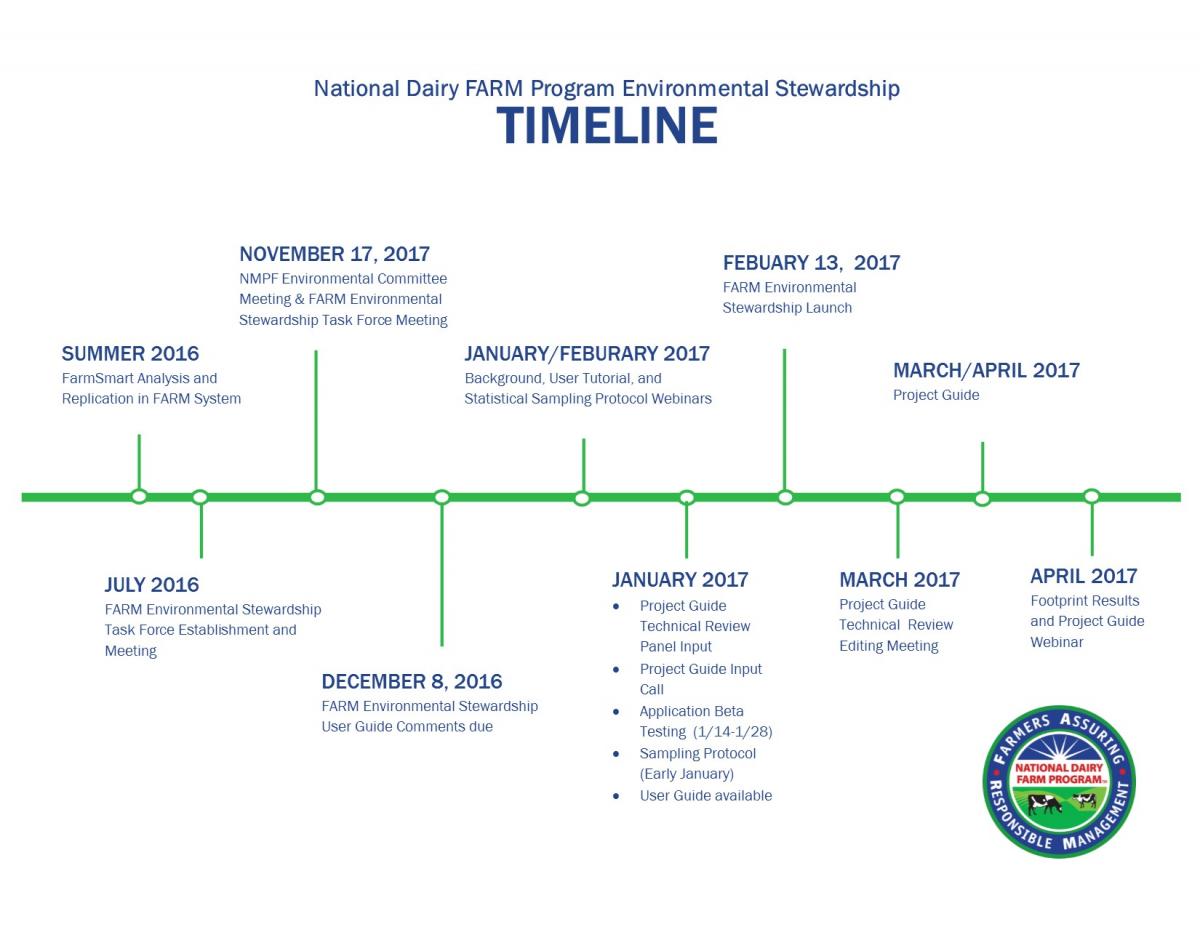 The new FARM Environmental Stewardship module will be available to interested cooperatives and proprietary processors starting Feb. 13. FARM Environmental Stewardship is the third silo of the FARM Program’s structure, joining the existing animal care and antibiotic use modules within the overall FARM Program.
The new FARM Environmental Stewardship module will be available to interested cooperatives and proprietary processors starting Feb. 13. FARM Environmental Stewardship is the third silo of the FARM Program’s structure, joining the existing animal care and antibiotic use modules within the overall FARM Program.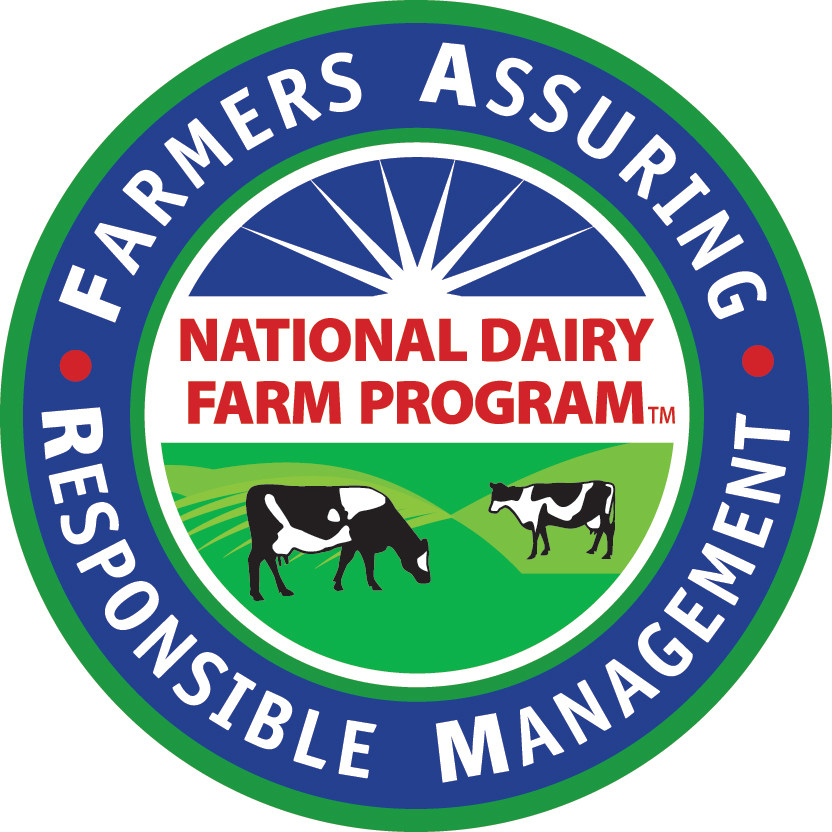 The new FARM Animal Care Version 3.0 went into effect on Jan. 1, 2017. This latest version of FARM includes new documents and guidelines to update and strengthen the program, which now enjoys the support of companies marketing 98% of the nation’s milk supply. These requirements include a signed Veterinary-Client-Patient Relationship (VCPR) form, a signed Dairy Cattle Care and Ethics agreement, FARM training in basic stockmanship by all employees, and the phaseout of tail docking.
The new FARM Animal Care Version 3.0 went into effect on Jan. 1, 2017. This latest version of FARM includes new documents and guidelines to update and strengthen the program, which now enjoys the support of companies marketing 98% of the nation’s milk supply. These requirements include a signed Veterinary-Client-Patient Relationship (VCPR) form, a signed Dairy Cattle Care and Ethics agreement, FARM training in basic stockmanship by all employees, and the phaseout of tail docking. Cooperatives Working Together assisted member cooperatives in winning 48 contracts to export 4.75 million pounds of American-type cheeses and 3.03 million pounds of butter in the holiday-shortened month of December. The products will go to customers in Asia, Central America, the Middle East, North Africa, and Oceania, and will be shipped from December 2016 through March 2017.
Cooperatives Working Together assisted member cooperatives in winning 48 contracts to export 4.75 million pounds of American-type cheeses and 3.03 million pounds of butter in the holiday-shortened month of December. The products will go to customers in Asia, Central America, the Middle East, North Africa, and Oceania, and will be shipped from December 2016 through March 2017.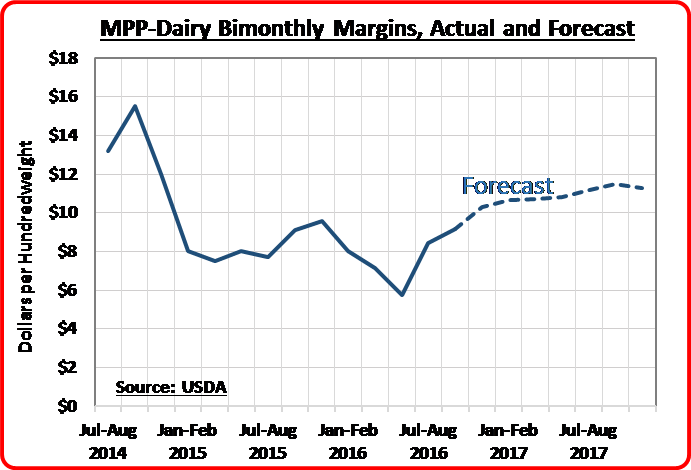
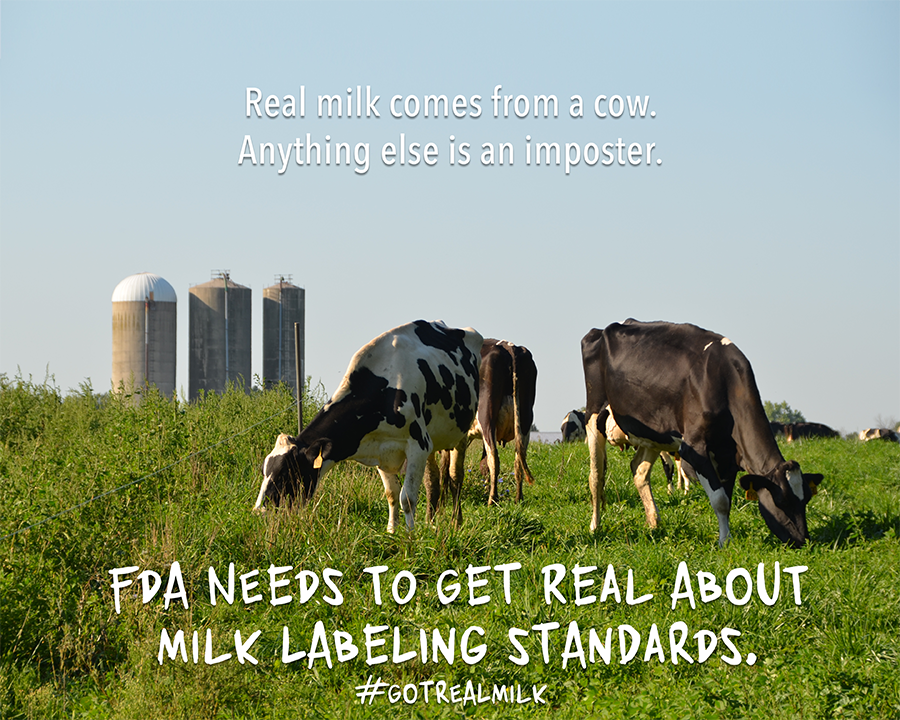 Key leaders in both the House and Senate have chastised the Food and Drug Administration in the past month for failing to enforce existing food standards that specify products labeled as “milk” have to come from a dairy animal – adding new momentum to NMPF’s longstanding campaign to encourage the FDA to enforce its own regulations.
Key leaders in both the House and Senate have chastised the Food and Drug Administration in the past month for failing to enforce existing food standards that specify products labeled as “milk” have to come from a dairy animal – adding new momentum to NMPF’s longstanding campaign to encourage the FDA to enforce its own regulations.



